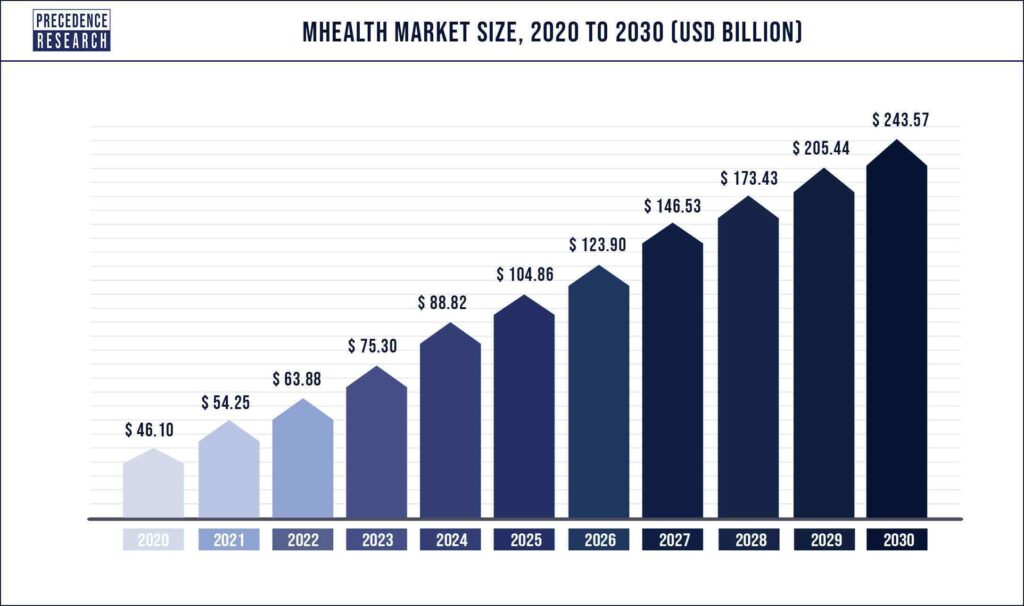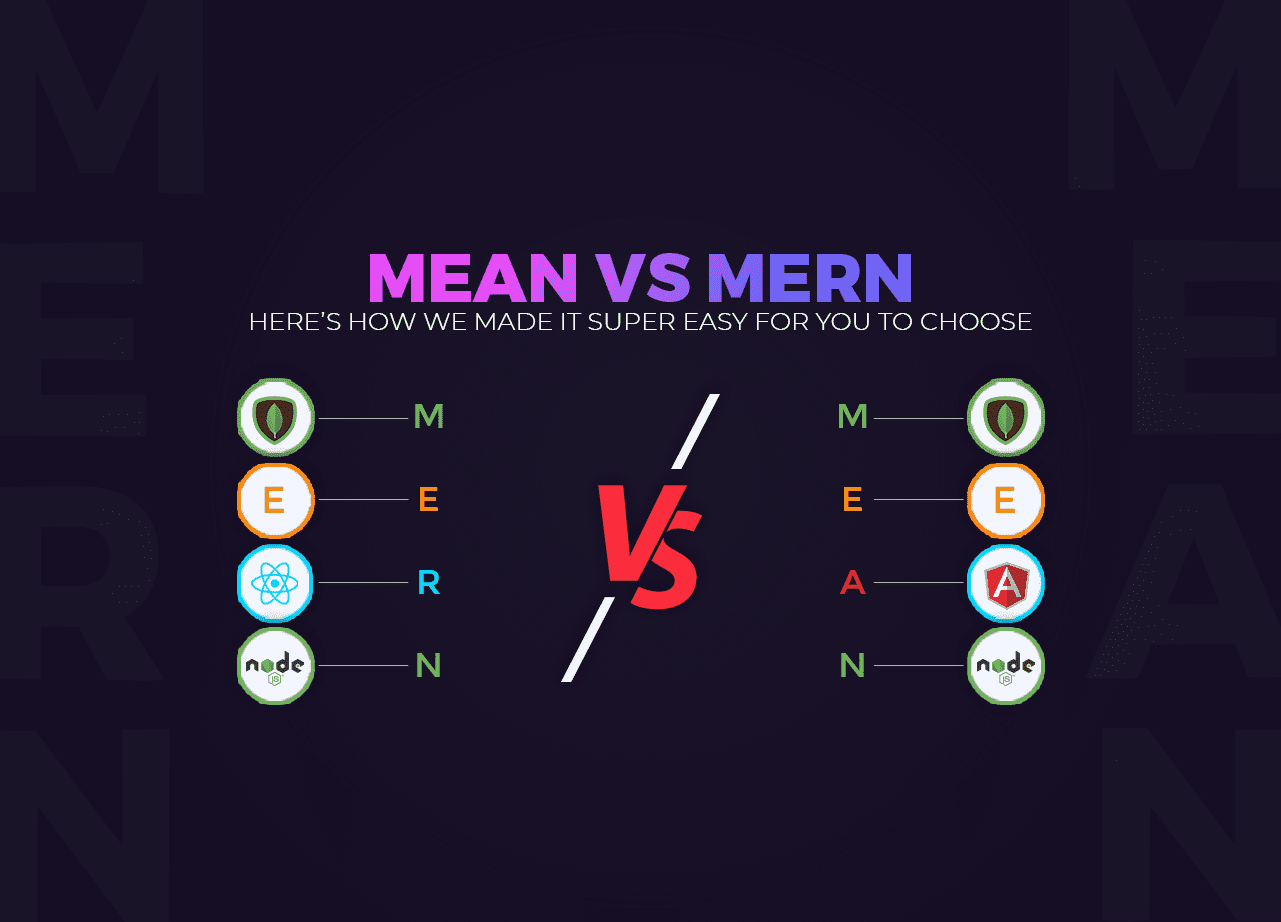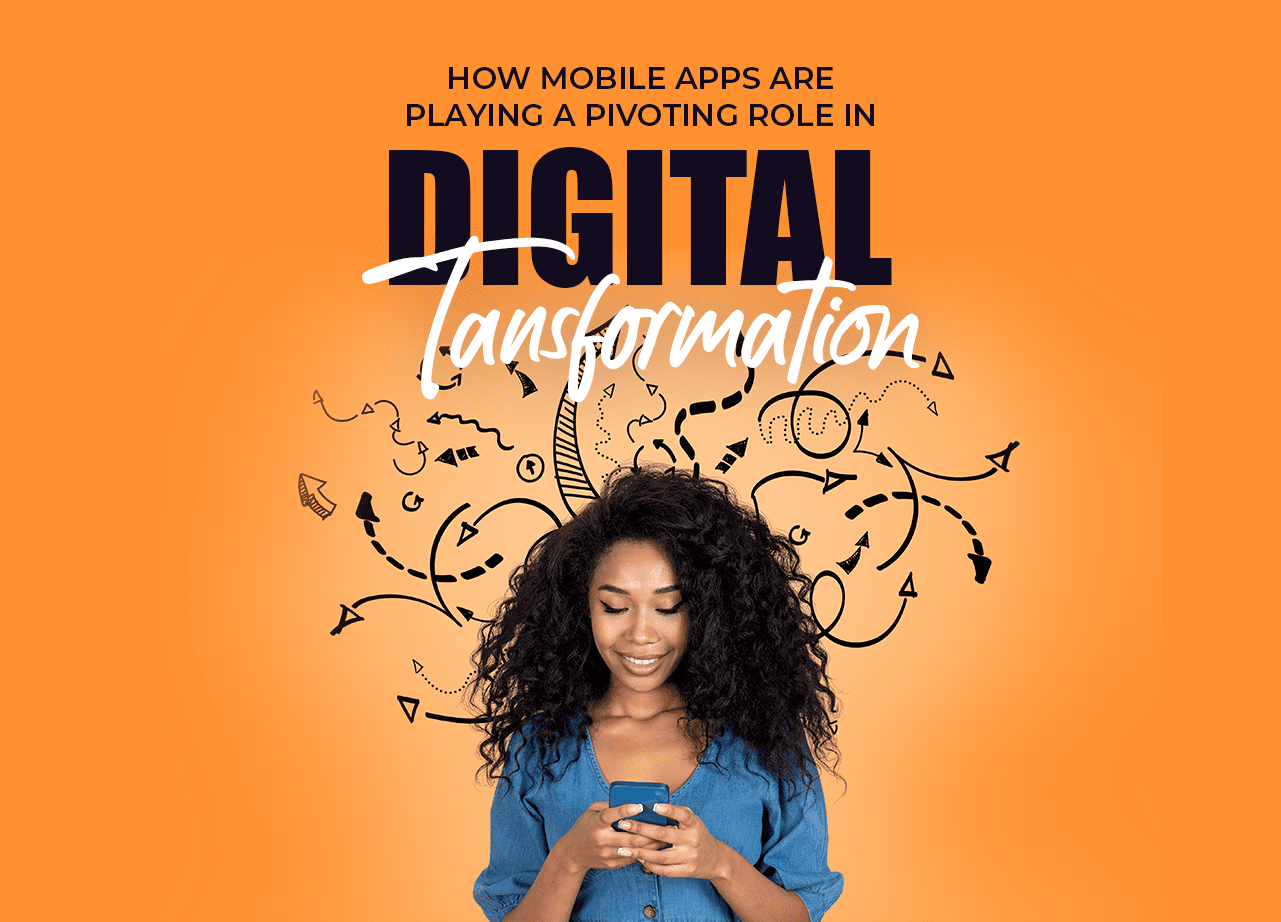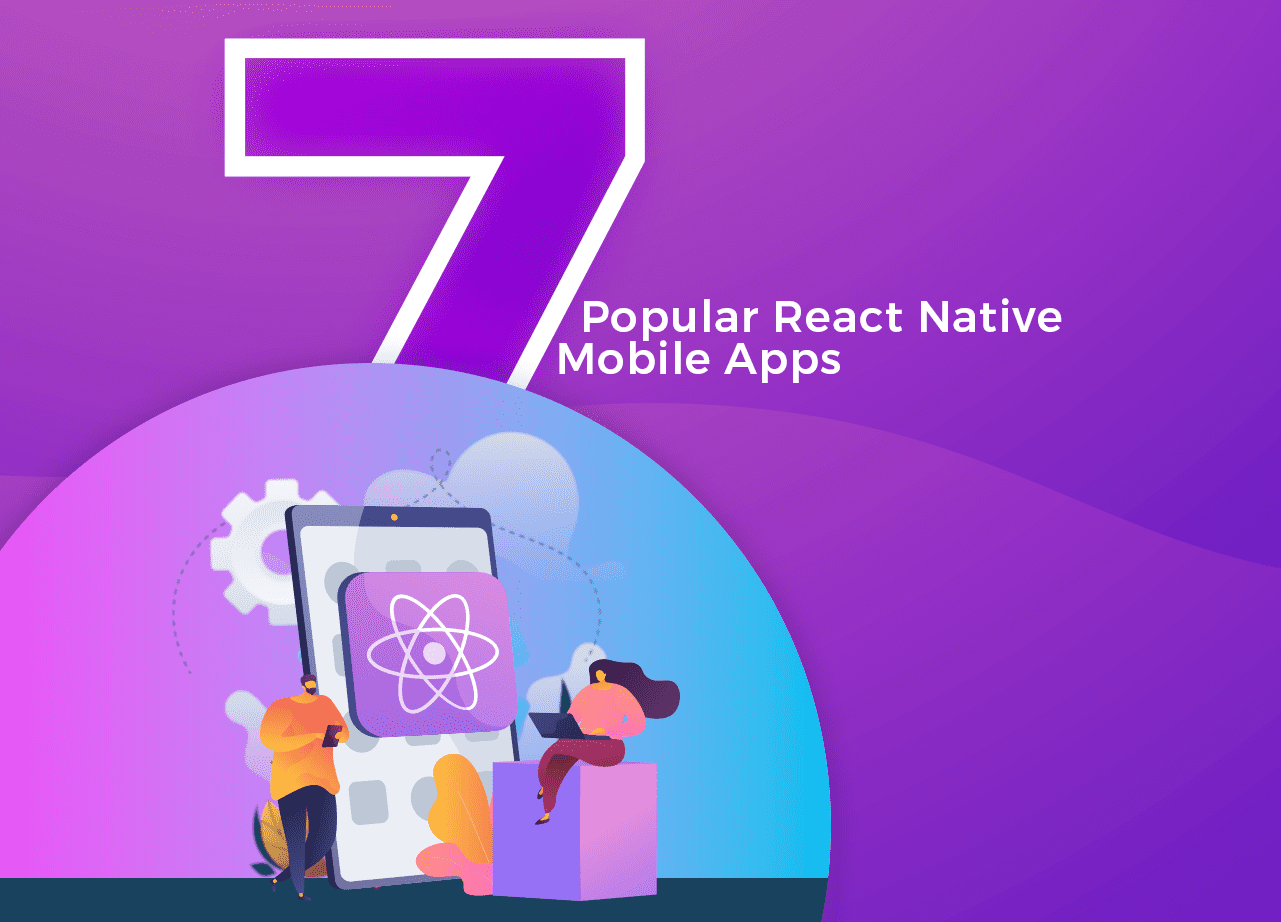Health apps are applications that have been designed and developed to assist individuals in tracking their health and wellness. Health apps can be utilized on smartphones, tablets, and wearable devices, and they are intended to help users keep track of everything from their daily calorie intake to their sleep patterns. The use of health apps has exploded in recent years, with more people than ever turning to technology to help them stay healthy and well.
Types of Health Apps
There are many different types of health apps available today, each designed to meet specific needs and objectives. Here are some of the most common types of health apps and their examples:
- Fitness Apps – Fitness apps are designed to help users improve their physical fitness through exercise and activity tracking. These apps often include features such as workout plans, step counters, and calorie trackers. Examples of popular fitness apps include MyFitnessPal, Fitbit, and Nike Training Club.
- Diet and Nutrition Apps – Diet and nutrition apps are designed to help users track their food intake and make healthier eating choices. These apps often include features such as meal planning, recipe suggestions, and calorie calculators. Examples of popular diet and nutrition apps include Lose It!, Fooducate, and MyPlate by Livestrong.
- Mental Health Apps – Mental health apps are designed to help users manage stress, anxiety, and other mental health conditions. These apps often include features such as guided meditations, breathing exercises, and mood tracking. Examples of popular mental health apps include Headspace, Calm, and Happify.
- Sleep Apps – Sleep apps are designed to help users track their sleep patterns and improve the quality of their sleep. These apps often include features such as sleep tracking, bedtime reminders, and relaxation techniques. Examples of popular sleep apps include Sleep Cycle, Pillow, and Relax Melodies.
- Women’s Health Apps – Women’s health apps are designed to help women track their menstrual cycle, fertility, and pregnancy. These apps often include features such as ovulation tracking, period tracking, and pregnancy tracking. Examples of popular women’s health apps include Flo, Clue, and Ovia.
- Medical Apps – Medical apps are designed to provide users with information and guidance on medical conditions and treatments. These apps often include features such as symptom checkers, medication reminders, and health record management. Examples of popular medical apps include WebMD, HealthTap, and Medscape.
Examples of Popular Health Apps
- Fitbit – Fitbit is a popular fitness app that helps users track their daily physical activity, including steps taken, distance traveled, and calories burned. The app also includes features such as workout plans, sleep tracking, and food logging.
- MyFitnessPal – MyFitnessPal is a diet and nutrition app that helps users track their food intake and make healthier eating choices. The app includes a food database with over 11 million foods, as well as features such as meal planning and recipe suggestions.
- Headspace – Headspace is a mental health app that provides users with guided meditations and mindfulness exercises. The app also includes features such as sleep aids and stress management techniques.
- Sleep Cycle – Sleep Cycle is a sleep app that uses the sensors on a user’s smartphone to track their sleep patterns and wake them up during their lightest sleep phase. The app also includes features such as bedtime reminders and sleep notes.
- Flo – Flo is a women’s health app that helps women track their menstrual cycle, fertility, and pregnancy. The app includes features such as ovulation tracking, period tracking, and pregnancy tracking.
- WebMD – WebMD is a medical app that provides users with information and guidance on medical conditions and treatments. The app includes features such as symptom checkers, medication reminders, and health record management.
Mobile health, or mHealth, refers to the use of mobile devices such as smartphones and tablets to support healthcare and health-related services. mHealth has emerged as a rapidly growing industry, with a wide range of mobile applications designed to improve health outcomes and enhance the delivery of healthcare services. In this article, we will discuss some key features of mobile app development trends and their use.
Key Features of mHealth Apps
- Accessibility: One of the main features of mHealth apps is their accessibility. They can be downloaded and used on mobile devices anytime and anywhere, which makes them an ideal tool for reaching people who may not have access to traditional healthcare services.
- Personalization: mHealth apps are designed to cater to individual needs, with features such as personalized health tracking, targeted health messaging, and tailored advice based on user data.
- Data collection: mHealth apps collect a range of data from users, including health-related data such as physical activity levels, diet, sleep patterns, and medication adherence. This data can be used to provide personalized insights and recommendations to users.
- Monitoring: mHealth apps can be used to monitor health conditions and track progress over time. This feature is particularly useful for people with chronic conditions such as diabetes, hypertension, and asthma.
- Communication: mHealth apps can facilitate communication between healthcare providers and patients, enabling remote consultations, medication reminders, and other forms of support.
- Gamification: Some mHealth apps use gamification techniques to encourage healthy behavior and engagement with the app. This can include features such as point systems, challenges, and social sharing.

Trends in the Use of mHealth Apps
- Remote monitoring: Remote monitoring is becoming an increasingly popular use case for mHealth apps. By collecting data on patients’ health and wellness remotely, healthcare providers can monitor their condition in real-time and intervene when necessary. This approach can be particularly useful for people with chronic conditions, who require regular monitoring and support.
- Telemedicine: Telemedicine involves the use of video conferencing, messaging, or other forms of remote communication to provide healthcare services to patients. mHealth apps are being increasingly used to support telemedicine, enabling patients to consult with healthcare providers remotely.
- Wearables: Wearables such as smartwatches, fitness trackers, and medical devices are becoming increasingly popular in the healthcare industry. Many mHealth apps are designed to work with wearables, enabling users to track their health and wellness data more easily.
- Mental health: Mental health is an area where mHealth apps are showing particular promise. These apps can provide support for people with anxiety, depression, and other mental health conditions through features such as meditation exercises, stress-management tools, and access to mental health professionals.
- Patient engagement: Patient engagement is a key trend in the healthcare industry, and mHealth apps are increasingly being used to support this. By providing personalized health tracking, targeted health messaging, and other forms of support, mHealth apps can help patients take an active role in their own health and wellness.
- AI and machine learning: Artificial intelligence and machine learning are increasingly being used in the development of mHealth apps. These technologies can be used to provide personalized recommendations and insights based on user data, as well as to improve the accuracy and reliability of health tracking and monitoring.
Wrapping up
mHealth apps are rapidly becoming a key tool for healthcare providers and patients alike. With features such as accessibility, personalization, data collection, monitoring, communication, and gamification, these apps are designed to support a wide range of healthcare needs.
At Communication Crafts, our dedicated developers use a powerful mix of innovation and technology to deliver end-to-end software development solutions under one roof. Our software experts are skilled at creating websites and mobile applications that assist your business in dominating the constantly expanding digital competition.
 Blog Communication Crafts
Blog Communication Crafts





